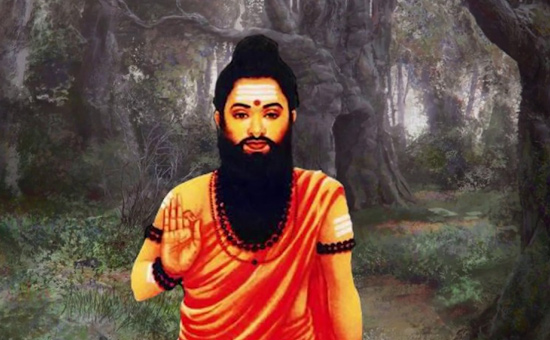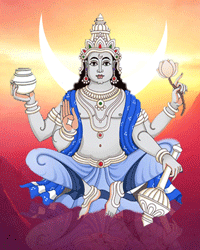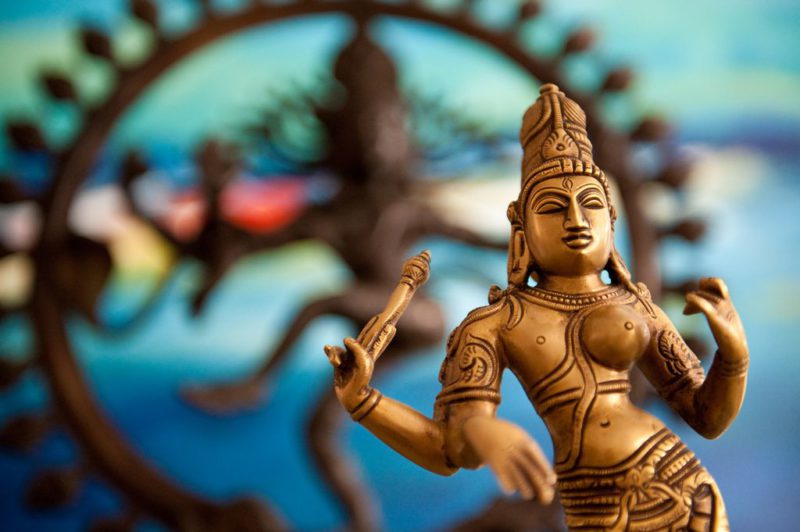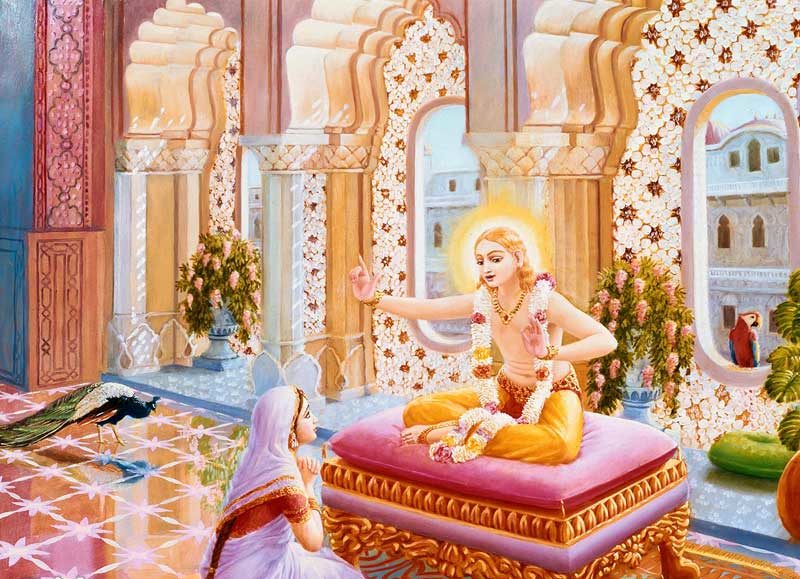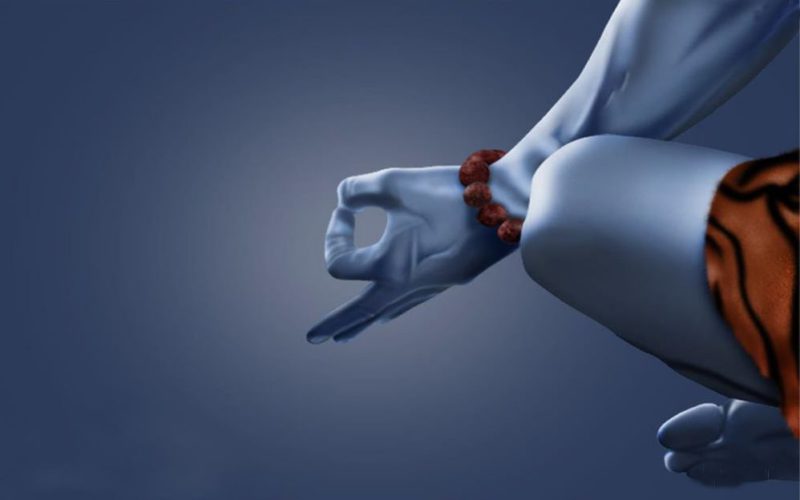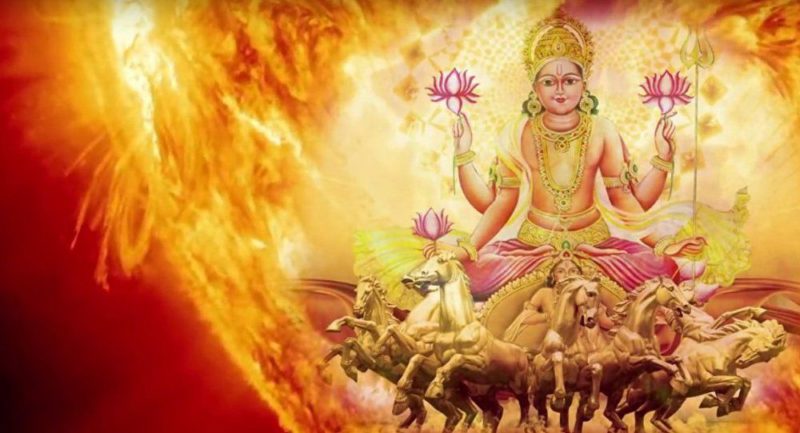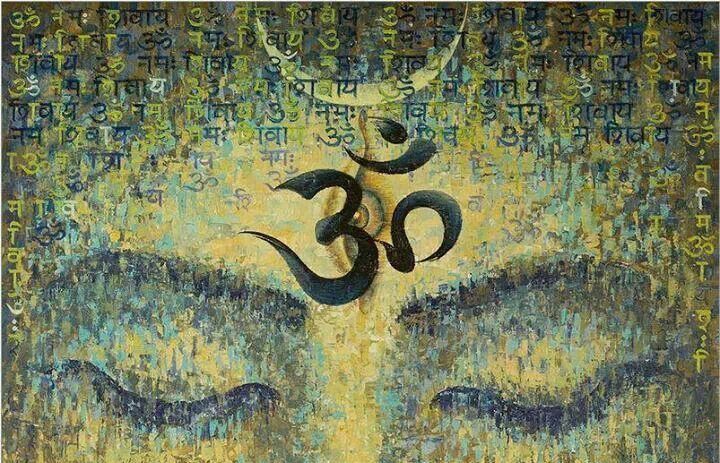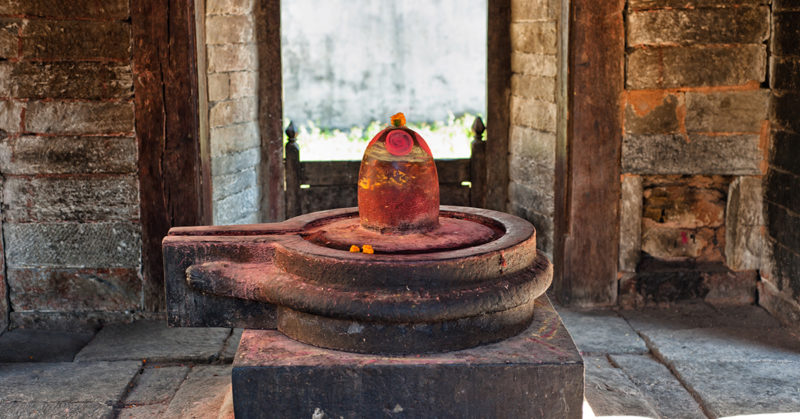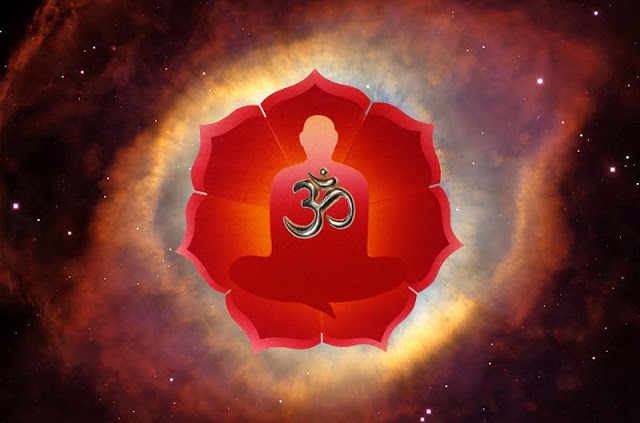No products in the cart.
Hinduism, Interesting Hindu Mythology Stories, Mahabharata, Vedic Philosophy
Yaksha Prashna
The Yaksha Prashna are a series of questions posed by a Yaksha to Dharma Raja – Yudhisthir. The answers to these questions attempt to impart great wisdom and knowledge. This incident is depicted in the Mahabharat in the form of a conversation between the Yaksha and Yudhisthira. Here we have picked seventy such questions […]



